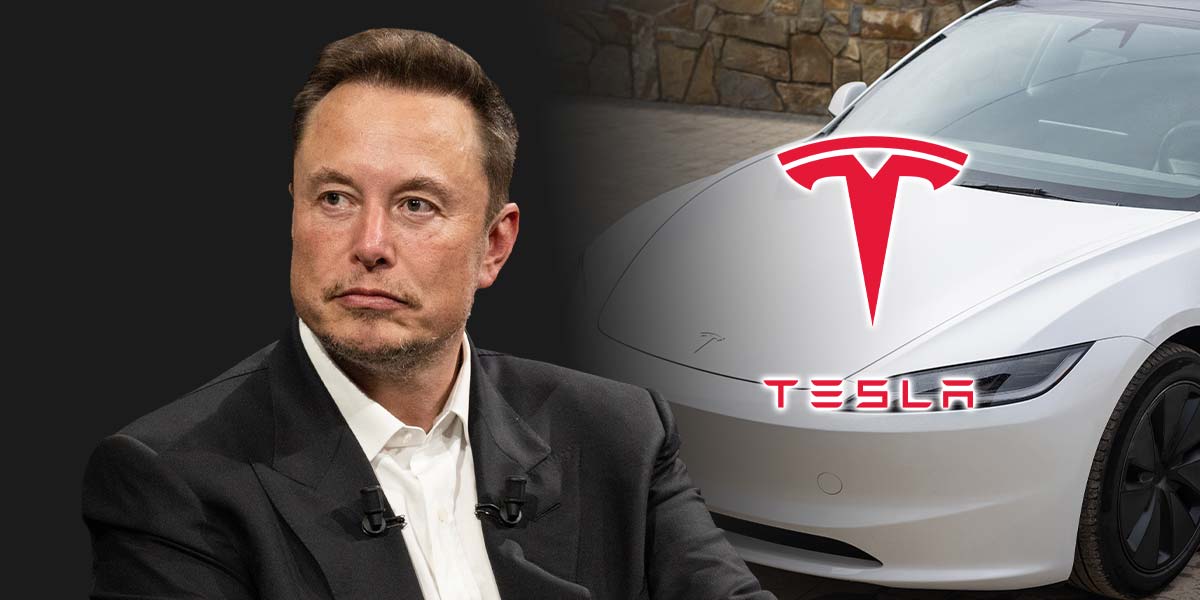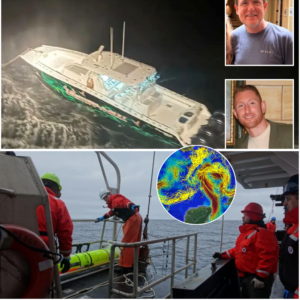Elon Musk, the visionary behind Tesla, SpaceX, and xAI, has sent shockwaves through the tech and automotive industries with a bold declaration that he may step down as Tesla’s CEO if a specific condition is not met. The announcement, made on July 7, 2025, via his X platform, has left investors, employees, and analysts scrambling to interpret its implications. The condition in question revolves around his demand for the company to prioritize autonomous driving technology over traditional vehicle production, a stance that has reignited debates about his leadership and Tesla’s future. This article explores the details of Musk’s ultimatum, the context driving his decision, and the potential fallout for the electric vehicle giant.
The Shocking Announcement
On July 7, Musk took to X with a cryptic yet explosive post: “If Tesla doesn’t double down on full self-driving (FSD) and make it the core of our mission, I’m out. No more distractions—autonomy or bust.” The statement came amid a turbulent period for Tesla, marked by a 13.5% drop in Q2 2025 deliveries and growing competition from Chinese automakers like BYD. Musk’s threat to leave unless the company shifts its focus entirely to autonomous driving technology, including the Robotaxi project, has stunned a market already reeling from his recent political maneuvers, including the launch of the “America Party.”
The post, which garnered over 2 million views within hours, reflects Musk’s long-standing obsession with autonomy, a vision he has championed since 2016 with promises of “full self-driving” capabilities. However, the condition he’s set—demanding that Tesla pivot away from new car models to concentrate solely on FSD—marks a radical departure from the company’s current strategy, which balances vehicle sales with technological innovation. Analysts see this as a make-or-break moment, with Musk’s departure potentially destabilizing Tesla’s $921 billion market cap.
The Context Behind the Ultimatum
Musk’s threat emerges against a backdrop of mounting challenges. Tesla’s Q2 deliveries of 384,122 vehicles fell short of Wall Street expectations by about 1,000 units, marking the second consecutive quarter of decline. This slump, coupled with a 20% sales drop earlier in 2025, has fueled criticism that Musk’s focus on political and personal ventures—such as his brief stint with the Department of Government Efficiency (DOGE) and his feud with President Donald Trump—has distracted him from Tesla’s core business. The recent launch of the Robotaxi on June 22, while hyped, required human monitors, undermining Musk’s claims of full autonomy and drawing scrutiny from the National Highway Traffic Safety Administration (NHTSA).
Musk’s exit from DOGE in May 2025, intended to refocus on Tesla, has not yielded the expected turnaround. His announcement of the America Party, aimed at challenging the Republican-Democratic duopoly, further eroded investor confidence, with Tesla shares dropping 6.8% on July 7, wiping $79 billion off its value. Posts on X suggest a “sense of exhaustion” among shareholders, who fear Musk’s political ambitions could jeopardize the company’s recovery. His ultimatum appears to be a response to this pressure, doubling down on FSD as his legacy-defining project.
What Is the Condition?
The condition Musk has laid out is clear: Tesla must make full self-driving technology the cornerstone of its operations, sidelining traditional car production to accelerate the development and deployment of autonomous vehicles. This includes scaling up the Robotaxi fleet, which Musk envisions as a network of driverless taxis generating revenue through a rideshare model. He has argued that FSD could account for 90% of Tesla’s valuation in the coming years, a view echoed by Wedbush analyst Dan Ives, despite recent setbacks.
This pivot would mean halting or delaying new models like the rumored $25,000 electric vehicle, which analysts believe is crucial to compete with affordable Chinese offerings. Instead, Musk wants resources funneled into refining neural networks, improving LIDAR integration, and expanding FSD testing. The condition also implies a cultural shift within Tesla, prioritizing software engineers over manufacturing teams—a move that could alienate long-standing staff and investors focused on short-term profits.

Musk’s Rationale and Risks
Musk’s rationale hinges on his belief that autonomy is Tesla’s future, outpacing the saturated EV market where competitors like BYD and Volkswagen are gaining ground. He has long touted FSD as a game-changer, citing a recent test where a Tesla drove autonomously from the Austin factory to a customer without human intervention. However, safety concerns linger, with the NHTSA investigating Robotaxi incidents, and the technology remains years from regulatory approval for unsupervised use.
The risks are substantial. Abandoning new car models could exacerbate sales declines, alienating customers who value variety over autonomy. Tesla’s board, led by Robyn Denholm, faces pressure to rein in Musk, with some shareholders urging a vote to limit his control—a process complicated by his 13% stake and $77 billion compensation package from 2018. If Musk leaves, the company could lose its visionary edge, though successors like Wes Morrill or Zach Kirkhorn might stabilize operations.
Reactions and Market Response
The tech and automotive worlds are divided. On X, supporters laud Musk’s focus on innovation, with one post stating, “Elon’s right—FSD is the future, not more cars.” Critics, however, warn of a “reckless gamble,” with another user noting, “Tesla needs sales now, not sci-fi dreams.” Wedbush’s Ives called it “a bold move but risky,” suggesting the board must act to balance Musk’s vision with financial realities.
Tesla’s stock volatility reflects this uncertainty. After the initial 6.8% drop, shares rebounded 4.5% on July 8 as investors speculated Musk might stay if his condition is met. However, the broader market remains cautious, with analysts like Neil Wilson of Saxo Markets highlighting concerns over Trump’s potential retaliation—threatening subsidies for Tesla and SpaceX—amid their feud over the America Party.
The Human Side of the Decision
Musk’s ultimatum may also reflect personal stakes. His recent emotional moments—tearing up at the Austin Technology Gala on July 5 and being moved by son Lil X’s compassion for flood victims—suggest a man reassessing his priorities. The FSD focus could be his way of leaving a lasting legacy, especially as he balances raising 14 children and managing a sprawling empire. His exit from Tesla, while disruptive, might allow him to focus on SpaceX or xAI, where autonomy aligns with Mars colonization and AI development.
What Happens Next?
If Tesla’s board agrees to Musk’s condition, the company could see a radical overhaul, potentially revolutionizing transportation but risking short-term losses. If they resist, Musk’s departure looms, triggering a leadership crisis. The board’s next move—possibly a shareholder meeting—will be critical. Musk has hinted at staying if FSD progress accelerates, but his track record of bold ultimatums, like the 2018 “funding secured” tweet, suggests he might follow through.
For now, the tech world watches as Tesla teeters on the brink. Musk’s threat to leave unless autonomy takes center stage has turned a corporate strategy into a global saga, with the outcome poised to reshape the electric vehicle landscape.



